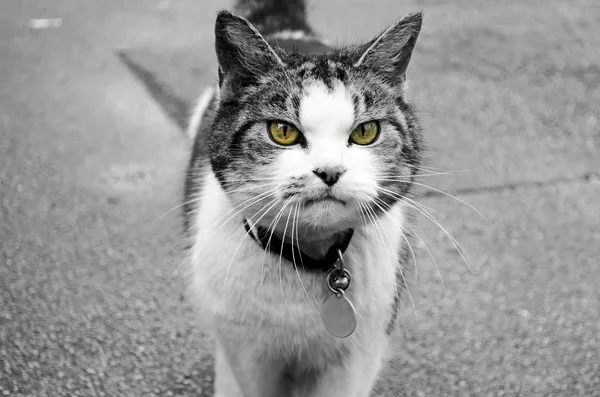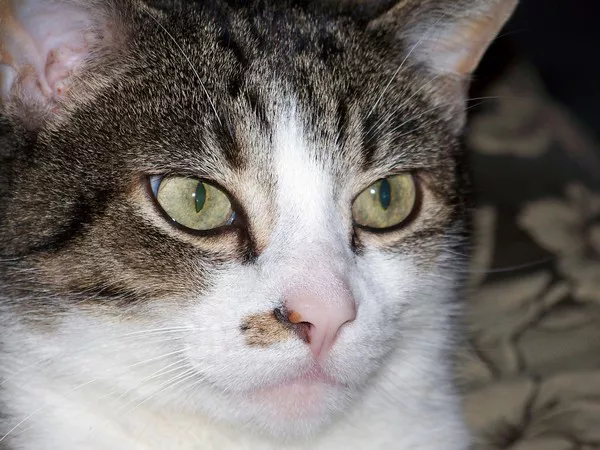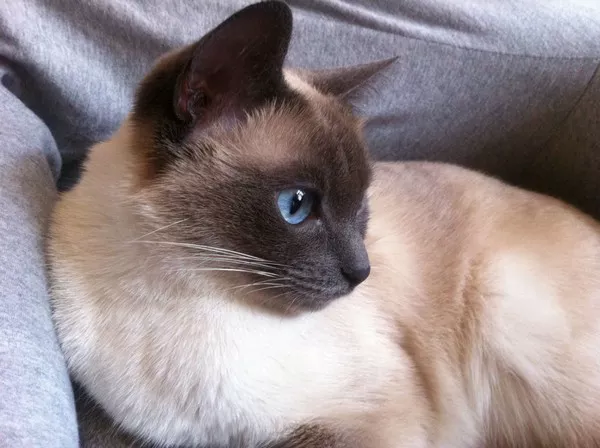Cats, with their discerning palates and unique dietary needs, often provoke curiosity among their owners regarding what foods are safe and suitable for consumption. One common question that arises is whether cats can enjoy dairy products like cheese and milk. In this comprehensive article, we delve into the topic of cats and dairy, exploring the potential risks and benefits of feeding cheese, milk, and other dairy products to our feline companions. By the end, readers will have a clearer understanding of how dairy fits into a cat’s diet and how to make informed decisions about feeding these foods to their cats.
Cats have long been associated with a preference for milk and other dairy products, with many people believing that these foods are a natural and wholesome treat for their feline companions. However, the reality is more nuanced, as cats’ digestive systems are not designed to process dairy in the same way that humans do. In this article, we aim to address common misconceptions surrounding cats and dairy, providing insights into the potential risks and benefits of feeding cheese, milk, and other dairy products to cats.
Understanding Cats’ Digestive System
Before delving into the topic of cats and dairy, it’s essential to understand the unique characteristics of a cat’s digestive system. Cats are obligate carnivores, meaning that they require a diet primarily composed of animal-based protein to thrive. Their digestive systems are designed to efficiently process and metabolize meat, with specific adaptations such as a short digestive tract and a high protein requirement.
Unlike humans, cats lack sufficient levels of lactase, the enzyme needed to break down lactose, the sugar found in milk and dairy products. As a result, many cats are lactose intolerant, experiencing digestive upset when they consume dairy.
Can Cats Eat Cheese?
Cheese is a popular dairy product enjoyed by humans worldwide, often used as a topping, ingredient, or standalone snack. While cats may show interest in cheese due to its strong smell and flavor, it’s important to consider whether it’s safe for feline consumption.
In small quantities, some cats may tolerate cheese without experiencing adverse effects, particularly if they have a relatively high tolerance for lactose. However, cheese is high in fat and calories, which can contribute to obesity and other health issues if consumed in excess.
Additionally, certain types of cheese, such as those containing added ingredients like garlic or onions, can be toxic to cats and should be avoided. Hard cheeses like cheddar or Swiss may be less problematic for cats, as they contain lower levels of lactose compared to softer varieties.
Can Cats Drink Milk?
The image of a cat lapping up a bowl of milk is a common one in popular culture, but the reality is that milk is not an ideal beverage for cats. As mentioned earlier, most cats are lactose intolerant, meaning that they lack the necessary enzyme to digest lactose effectively.
Feeding milk to lactose-intolerant cats can lead to digestive upset, including symptoms such as diarrhea, vomiting, and abdominal discomfort. Additionally, cow’s milk is high in fat and calories, which can contribute to obesity and other health issues in cats.
While some cats may enjoy the taste of milk and may not immediately exhibit adverse reactions, it’s best to err on the side of caution and avoid offering milk to cats altogether. Instead, provide fresh water as the primary source of hydration for your cat.
Other Dairy Products and Cats
In addition to cheese and milk, there are various other dairy products that cat owners may wonder about, such as yogurt, cream, and ice cream. While these foods may seem harmless, they pose similar risks to cats due to their lactose content and high fat content.
Yogurt, particularly plain, unsweetened yogurt containing live cultures, may be more tolerable for some cats due to its lower lactose content and beneficial probiotics. However, it should still be offered in moderation and monitored for any adverse reactions.
Cream and ice cream are rich in fat and sugar, making them unsuitable for cats’ digestive systems. Feeding these foods to cats can lead to gastrointestinal upset, weight gain, and other health issues.
Understanding Lactose Intolerance in Cats
Lactose intolerance is a common condition in cats, characterized by the inability to digest lactose, the sugar found in milk and dairy products. This intolerance occurs when cats lack sufficient levels of lactase, the enzyme needed to break down lactose into simpler sugars that can be absorbed by the body.
Symptoms of lactose intolerance in cats may include:
- Diarrhea
- Vomiting
- Abdominal discomfort or bloating
- Flatulence
If you suspect that your cat may be lactose intolerant, it’s essential to avoid feeding them dairy products and consult with a veterinarian for guidance on managing their dietary needs.
Alternatives to Dairy for Cats
While dairy products may not be suitable for cats, there are plenty of other nutritious and delicious treats that you can offer your feline companion. Some alternatives to dairy for cats include:
Lean Protein: Cats thrive on a diet rich in animal-based protein. Offer your cat lean sources of protein such as cooked chicken, turkey, or fish as occasional treats.
Commercial Cat Treats: There are numerous commercially available cat treats specifically formulated to meet cats’ nutritional needs. Look for treats made from high-quality ingredients and free from artificial additives.
Fresh Fruits and Vegetables: Some cats may enjoy small amounts of fresh fruits and vegetables as treats. Safe options include cooked carrots, green beans, or small pieces of apple or watermelon.
Catnip: Catnip is a safe and enjoyable treat for many cats. Offer dried catnip as a reward or use catnip-infused toys to stimulate your cat’s senses.
Interactive Toys: Engage your cat in playtime with interactive toys and games to provide mental stimulation and physical exercise.
Conclusion
While the image of a cat enjoying a saucer of milk may be charming, the reality is that dairy products are not an ideal or necessary part of a cat’s diet. Most cats are lactose intolerant and may experience digestive upset when fed cheese, milk, or other dairy products.
As obligate carnivores, cats require a diet primarily composed of animal-based protein to thrive. Instead of offering dairy, provide your cat with high-quality commercial cat food formulated to meet their nutritional needs, along with occasional treats that are safe and appropriate for feline consumption.
By understanding the potential risks and benefits of feeding dairy to cats and exploring alternative treats and snacks, cat owners can make informed decisions about their feline companions’ diet and overall health and well-being.
























